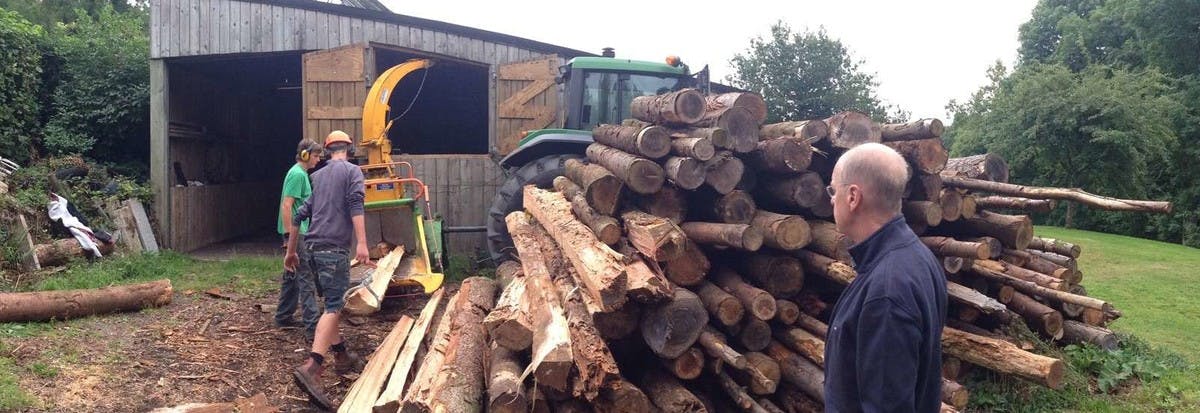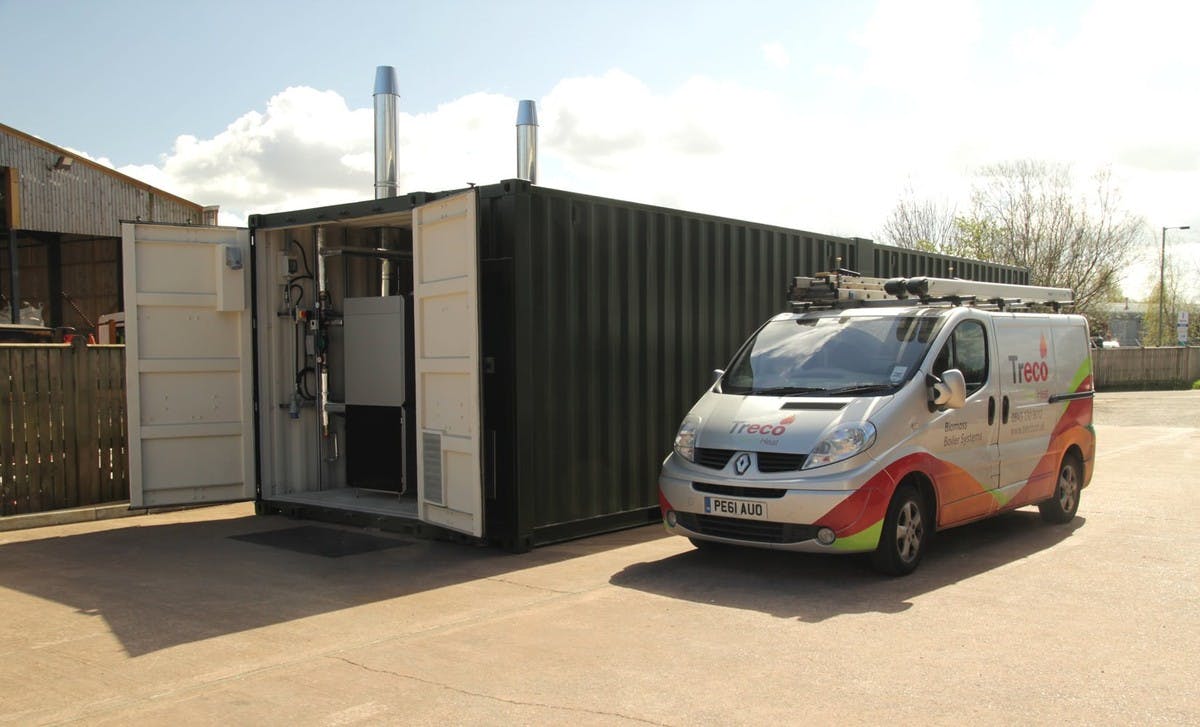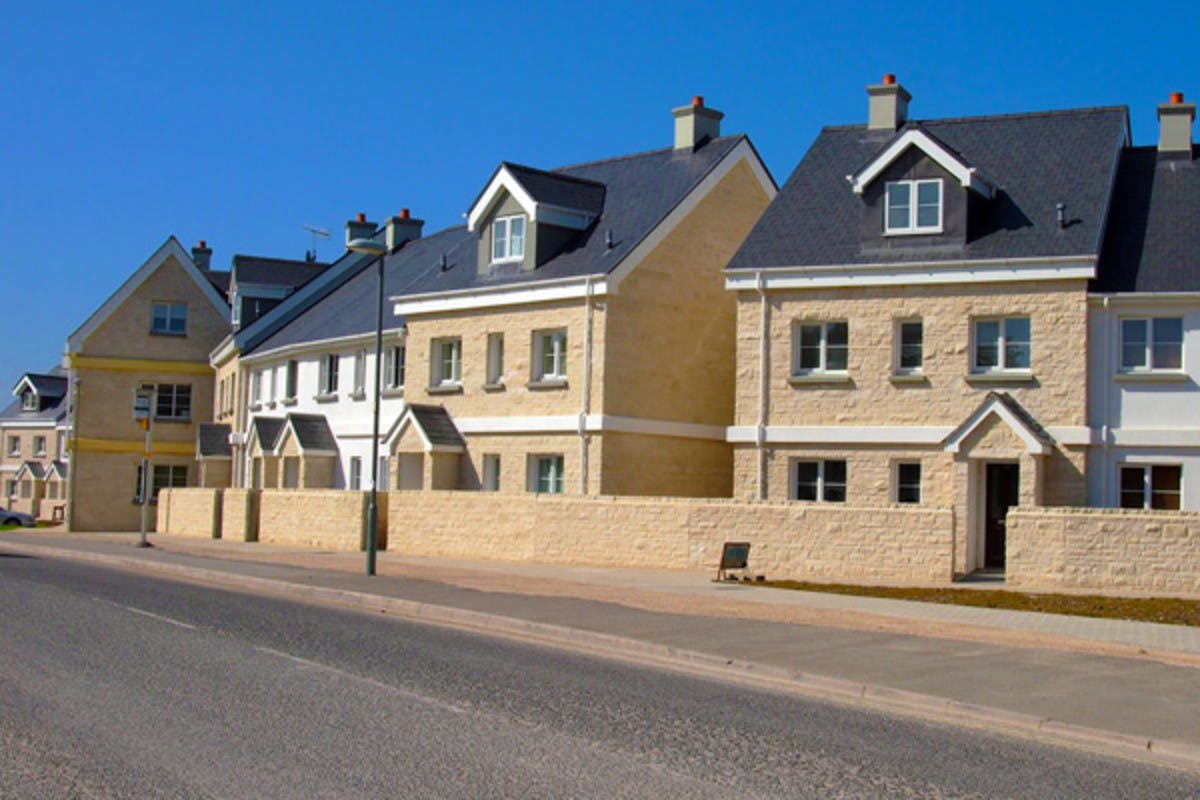Recent announcements by government has placed significant emphasis on community renewable energy schemes, and the opportunities for local groups, both to drive the uptake of biomass boiler heating systems and obtain a stake in schemes in their location.
Alongside the Rural Renewable Energy Fund, the government has introduced an identical scheme for Urban Communities. At the heart of this is the belief that communities, by engaging in schemes that they would like to see adopted in their area, stand a much higher chance of success. Communities serve to inform and work with their local authorities and decision makers, and also can co-operate with developers in delivering successful schemes that can bring real benefits, both tangible and intangible, to the community.
When the government first produced proposals for the domestic Renewable Heat Incentive (RHI), the size and scale of the task seemed immense. Twenty eight percent of UK heating is in the domestic sector, and four million households are using non-mains gas heating fuels. It means they are paying relatively high prices for fuel compared to those on mains gas. Of the off-gas grid householders, they are split equally between rural and urban sectors. The trend is that the rural householder is heated by oil or LPG; the urban household by electricity (some 90%, it is estimated). The urban environment is equally less likely to have outdoor space for boiler systems, and high rise flats and apartments compound this problem. These all represent ideal opportunities for the use of renewable heating systems including biomass boiler-fired systems.
To achieve the target numbers and percentage of renewable heat to meet our commitments for the 2020 targets without incurring substantial European Union fines will require something like 750,000 domestic properties to be converted to some form of renewable heating. This is, obviously, quite a challenge and one in which the Government is supporting heavily with its ECO and Green Deal initiatives.

Treco has been engaged in a variety of community district heating schemes, which also serve to illustrate the different type of ‘community’. A community is a geographically closely located group or entity with some sort of common purpose that binds it together and makes it want to collaborate on a project or scheme. For example, the Dartmoor Woodfuel Co-operative is a wood fuel self-supply scheme run as a not for profit Industrial Provident Society. It consists of a group of Dartmoor based wood fuel boiler owners, both commercial businesses and private households that combine to create a demand for locally produced fuel. Treco has supplied a number of boilers to owners, such as the Great Barn and Higher Combe, for which we have produced case studies as examples of what can be achieved and the benefits that can be realised in cost savings in fuel and in income from the RHI.
St Brides is perhaps more of what people would consider as a more traditional ‘community’. The local community group launched a scheme to fund biomass heating system for the church, a sports club, and community hall. A single boiler house supplies heat via undergrounds heat main to each building, and this serves to collectively reduce operating and heating costs.

Our largest scheme is Perryfields, a mixed scheme of 72 houses and flats being built by Lomand Homes on Portland Bill. The scheme is a mixture of social and private housing, and is served by three separate heat mains, each with its own Powerchip 100kW boiler. It is a good example of what can be achieved in an urban environment. The combined boiler room and fuel store look like a garage from the outside (except they have a flue!) and occupy about the same space. The boilers are fuelled by pellet, maximising the storage space and minimising any disruption during delivery of pellet by truck. Because of the careful location of the boilers, the pellet trucks do not interfere with normal estate traffic, and refuels go on largely unnoticed.
Each house or flat is connected to the heat main by a heat interface unit, about the size of a combi boiler, which also contains a heat meter. Supplied heat to each owner or tenant is metered, and remotely monitored and read for centralised bill generation. This same heat meter also serves to determine the RHI income for that element of the overall system. When the development is completed, a community owned and managed ESCO will take over the running and ownership of the scheme, with the developers supporting and guiding them in the first few years.

Community district heating is very big in Europe. Whole towns in Sweden are served by a central biomass combined heat and power plant, for example. What seems new technology to us is actually pretty standard and well established in Europe. We in this country are developing larger scale systems, such as Cranbrook, just outside Exeter. In implementing our own solutions, we naturally benefit from European design expertise. The schemes we’ve illustrated are typical of the smaller scale district heating scheme we’ve successfully undertaken and developed expertise in. At face value linking a group of properties together by a heat main seems quite straightforward; but designing an efficient, low-loss system is a methodology that has to be learned to be cost effective to satisfied customers.
We’ve undertaken a much wider range of district heating in community type schemes than can be illustrated here, and we’d be very keen to talk to groups that have schemes in design to try and help take them forward. We pride ourselves in the whole design solution, from the forest to the firebox – we’re not experts in wood fuel production, but we do work with clients to point them in the right direction of expert sources of advice across the whole wood heat spectrum, to ensure that they get the solution that’s right for them.
District heating is not just about a boiler or a heat main, it’s about whole system design, and that’s something we take pride in, so do get in touch!